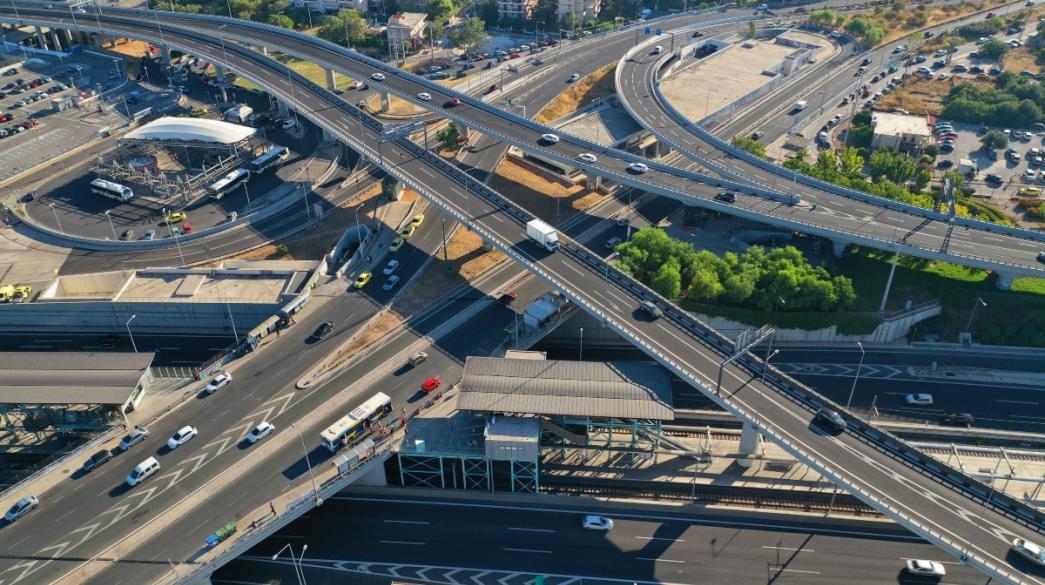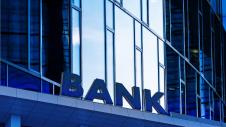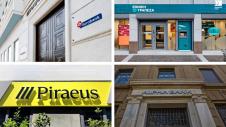The largest revenue that privatizations office HRADF has received to date is 1.5 billion euros for Egnatia Odos. Expectations on the price that the highest bidder will pay for Attiki Odos are high amidst talk that offers that will exceed 2.5 billion euros.
In this direction, the government and HRADH are trying to open up the competition and promote staple financing, or otherwise basic funding for all bidders. In particular, the plan provides for securing bank lending on the same terms for all joint ventures that will bid for the 25-year concession contract of Attiki Odos. For example, all bidders will have access to a loan of 2 billion euros on equal terms and the rest will come from equity. Discussions are currently underway with the four Greek systemic banks, regarding the project’s financing.
As Greece does not yet have an investment grade, Greek banks will need to take on the financing. It's a win-win deal though, as banks are also keen on financing credible customers and sustainable projects. If the tender proceeds with staple financing, Piraeus Bank, which currently operates as the fund’s consultant, will also participate, as there is no conflict of interest. The Egnatia Odos project was funded by staple financing, by just one bank, Alpha Bank.
As expected, some bidders are not in favour of an equal starting point for all, as provided by the basic funding method. The joint ventures in question had been counting on their capital strength, in order to submit bids that others might not have been able to compete with.
Binding financial offers will be submitted at the end of the year, therefore the cost of money at that time will also play a role in the price formed. We have, after all, entered a phase of rising interest rates that are fueled by inflationary pressures, and affect corporate lending, as well. Already, the yield on the ten-year Greek bond has exceeded 3%.
Moreover, the price offered will include the maximum toll amount that the government will allow. Only this way can bidders estimate the cost-benefit ratio of the investment, in comparison with usage rates of the 72-kilometer highway. In addition to the one-time price, there will also be an annual fee (annual subscription) to be paid by the new concessionaire to the state, which will be a percentage of the gross annual road revenue.
The eight bidders, as announced yesterday by the HRADF, are the following:
- ABERTIS INFRAESTRUCTURAS S.A.
- Consortium of AKTOR CONCESSIONS S.A. – AVAX S.A. – ARDIAN INFRASTRUCTURE
- Consortium of BRISA – AUTO ESTRADAS de PORTUGAL S.A. – RUBICONE BIDCO S.A.
- Consortium of GEK ΤΕRΝΑ S.A. – FS ARK HOLDCO S.a.r.l.
- Consortium of MACQUARIE ASSET MANAGEMENT MOTORWAY HOLDINGS S.ar.l. – FINCOP INFRASTRUCTURE LTD
- Consortium of VAUBAN – DIF – EGIS
- Consortium “Union of entities VINCI HIGHWAYS S.A.S. – VINCI CONCESSIONS S.A.S. – MYTILINEOS S.A. – MOBILITY PARTNER S.A.S.”
- GRUPPO FININC – INC SpA








